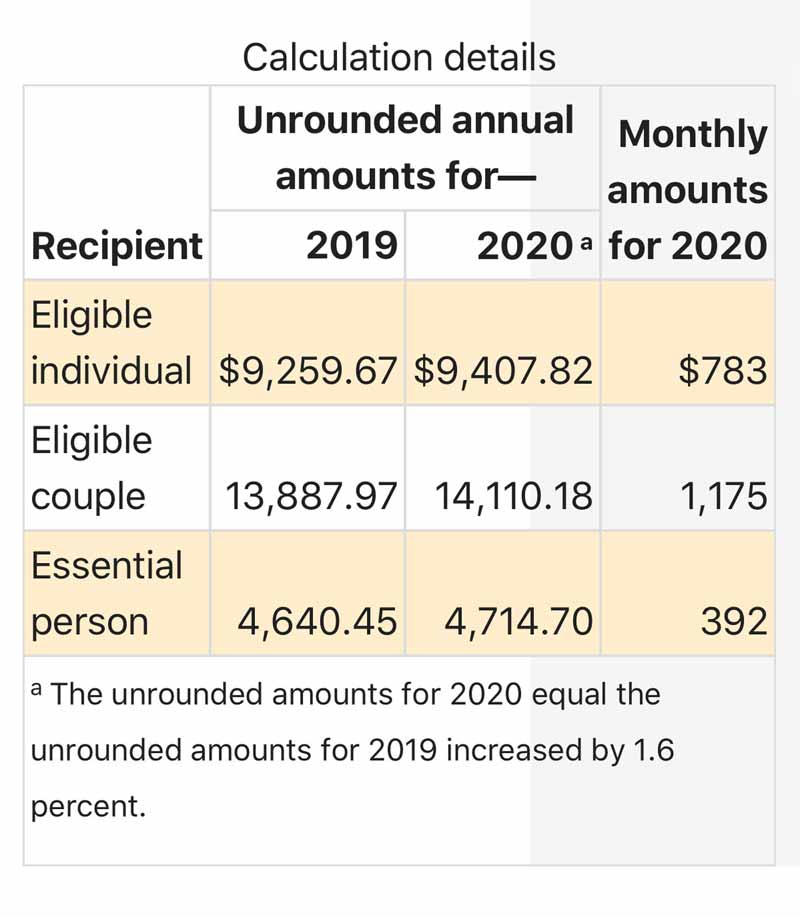Table of Contents
- Social Security earned income limits in 2024 is k - YouTube
- SSI Increase 2024: Everything You Need to Know about Social Security ...
- Will Supplemental Security Income rise in 2024 | JUST PASSED | Social ...
- Social Security Earned Income Limits Explained (2023) - YouTube
- SSI Income Limits 2024: What's the max amount you can make to apply for ...
- Supplemental Security Income Increase 2024 - Erika Jacinta
- 0 Increase for Social Security in January 2024 – Who is Eligible for ...
- Social Security Earned Income Limit 2024 - Clea Susanetta
- HUGE CHANGES! Social Security INCREASE by Double Tax Elimination - SSI ...
- 5.2% Increase to Social Security Maximum Taxable Earnings in 2024 ...



What is Contribution and Benefit Base?



How is Contribution and Benefit Base Calculated?



Impact on Social Security Benefits

For instance, an individual who earns $100,000 per year will have a higher benefits amount than someone who earns $50,000 per year, assuming all other factors are equal. However, if the individual earning $100,000 per year also earns an additional $50,000 above the Contribution and Benefit Base, their benefits will not increase, as the excess earnings are not subject to Social Security taxes.
In conclusion, the Contribution and Benefit Base is a critical component of the United States Social Security system. Understanding how this base amount is calculated and its impact on benefits is essential for individuals seeking to maximize their Social Security benefits. By recognizing the significance of Contribution and Benefit Base, individuals can make informed decisions about their earnings and retirement planning, ensuring they receive the maximum benefits they are eligible for. As the Social Security system continues to evolve, it is essential to stay informed about changes to the Contribution and Benefit Base and how they may affect benefits. Key Takeaways: The Contribution and Benefit Base is the maximum amount of earnings subject to Social Security taxes and used to calculate benefits. The base amount is adjusted annually to reflect changes in the national average wage index. Earnings above the Contribution and Benefit Base do not increase benefits, as they are not subject to Social Security taxes. Understanding the Contribution and Benefit Base is essential for maximizing Social Security benefits and making informed retirement planning decisions.